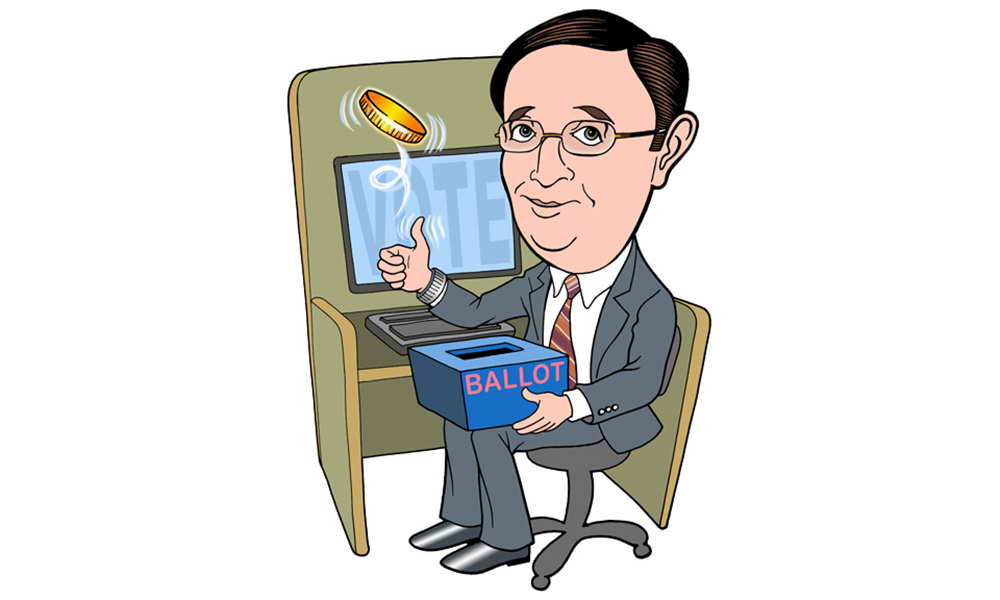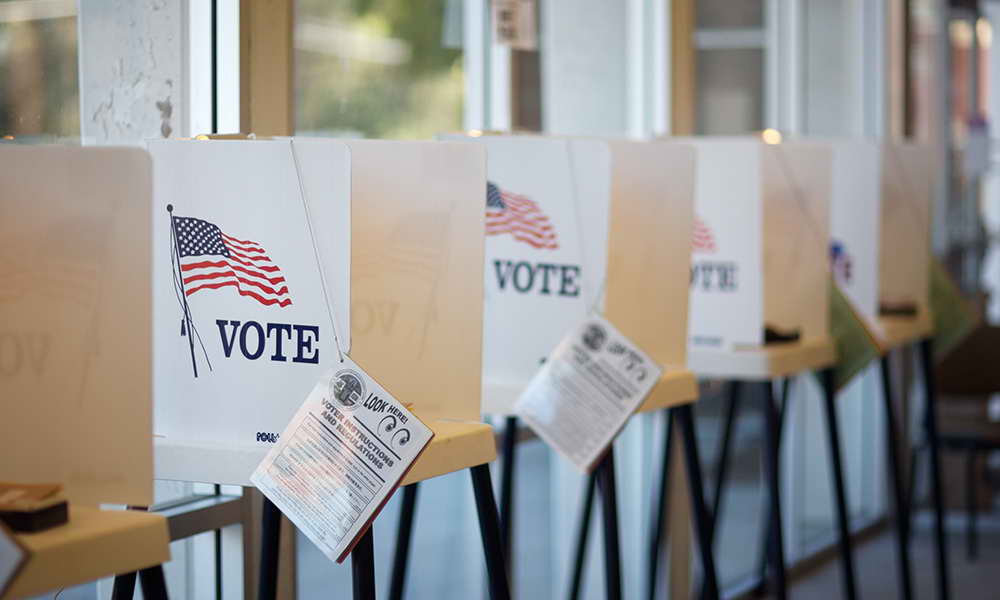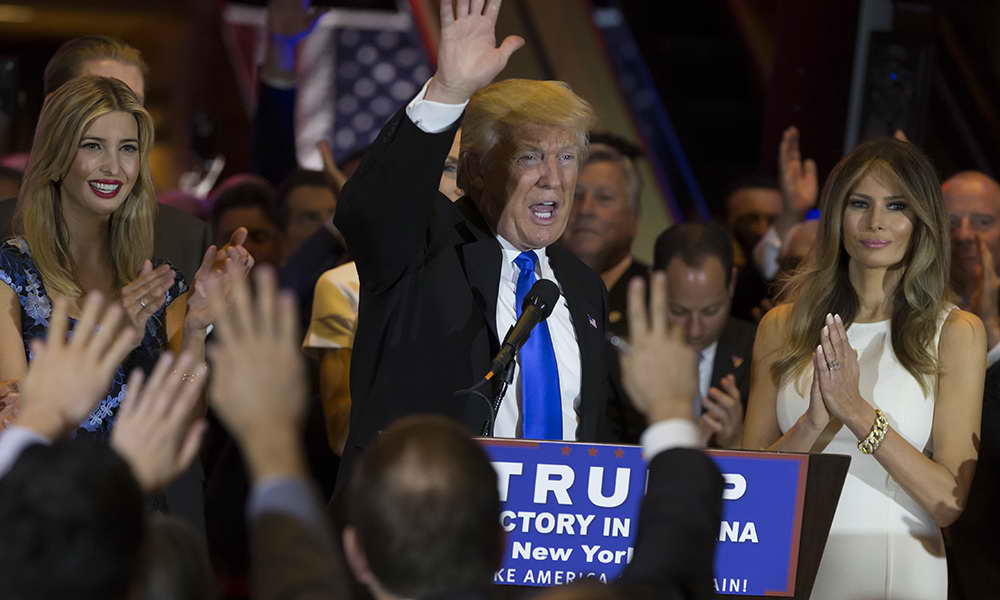By Dr. Lee M. Miringoff
At first glance, there seems to be a dramatic change in just a short time in the generic congressional ballot question. Last week, the Marist Poll showed a 15 point Democratic lead over the Republicans 51% to 36%. This week, the NPR/PBS NewsHour/Marist Poll has the Democrats over the Republicans by a mere 3 points. Both polls have the same methods, sample size, and question. So, let’s take a closer look.
1. Digging deeper into the Marist Poll numbers, the difference between the two surveys on this question is almost entirely the result of movement among voters who identify as independents. In the most recent poll independents divide evenly on the congressional generic, 38% Democrat to 38% Republican. This is a drop in their preference for the Democratic congressional candidate of 12 points. What’s interesting is that change is not to the benefit of the Republicans who only gain a statistically insignificant 3 points. The difference instead is in the movement of independents from support for a Democratic candidate to responses of “neither one” or “undecided.” That change went from 21% to 30%.
2. Although there is a notable difference on the Congressional generic ballot, other results remain unchanged. President Trump’s approval rating is still at 39% and his favorability rating is still underwater: a positive to negative score in the first poll 38%/56% went to a statistically negligible difference of 37%/57%.
3. What about the other polls conducted during the same time period? Polls conducted proximate to Election Day 2017 including ABC News/Washington Post (D+11), Marist (D+15), and Quinnipiac (D+13) all had the “generic” Democrat leading by double digits. No outliers there. However, polls conducted since then, Reuters/Ipsos (D+7), Economist/YouGov (D+8), and NPR/PBS/Marist Poll (D+3 and the most recent) all show a single digit difference on this question.
4. One possible explanation may be timing. Could there have been an impact of the 2017 campaign on the question? The first polls were conducted during the November elections when partisan sentiment among “blue” voters was high. The later polls were conducted after campaign mode was nationally “turned off” (and, also of note, when President Trump was in Asia and limiting the frequency of his tweets). The average of the difference in Democratic and Republican support among the polls released went from D +13 points before and during Election 2017 to D +6 points after Election 2017.
It will be interesting to see which direction measures of the congressional generic ballot take in the coming weeks. Those looking at a potential of a “wave” election in 2018 may still be onto something when considering the impact of campaign mode on this question and Election Day voting.


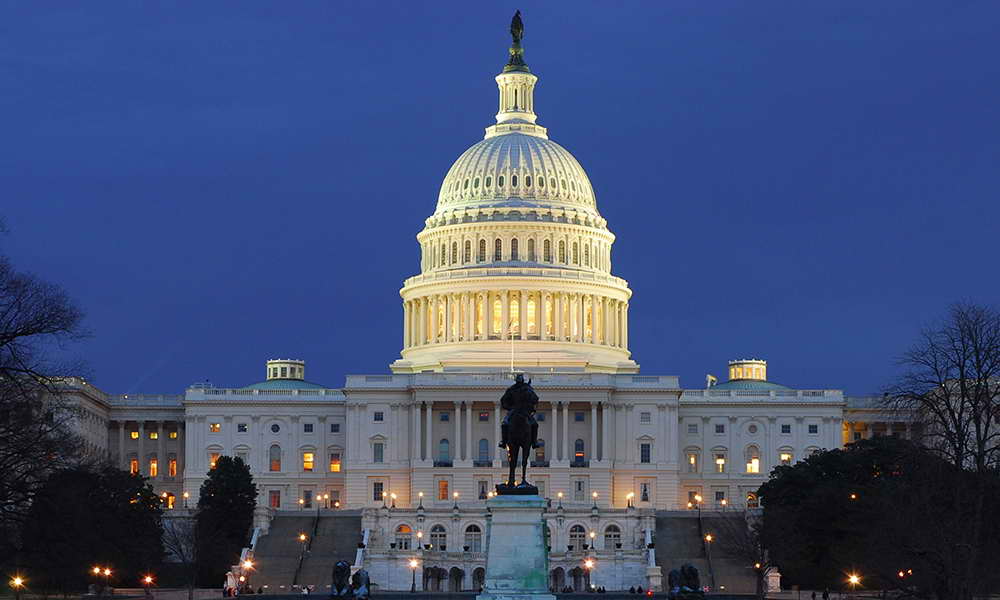
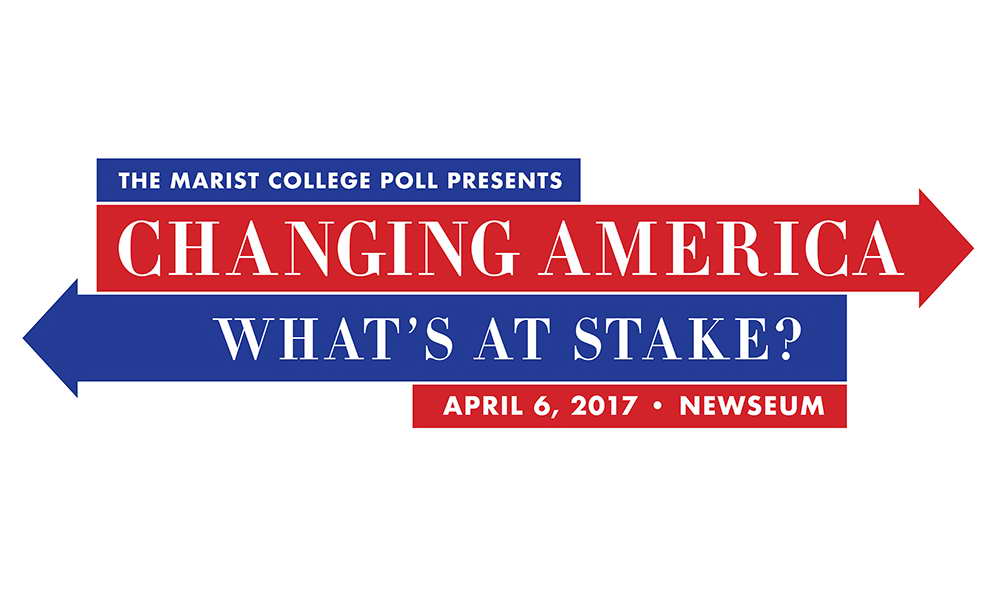


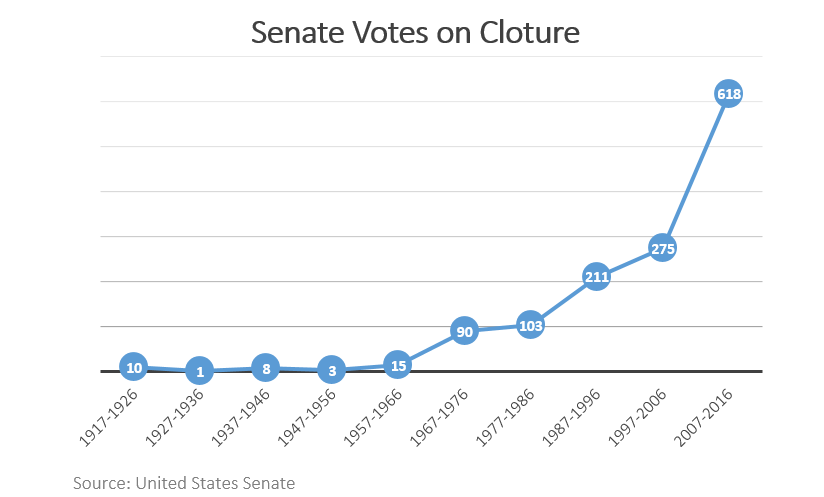
 Steve Thomma has written about Washington from Reagan to Trump, always aiming to explain politics and policy to an audience outside the Washington beltway. He won the Prize for Distinguished Reporting on the Presidency in 2010 from the Gerald R. Ford Foundation, the Aldo Beckman Award from the White House Correspondents’ Association for distinguished his reporting on the 2000 presidential campaign, and the National Press Club’s award for best regional reporting in Washington in 1994. He’s a former president of the White House Correspondents’ Association and a trustee of Dominican University in River Forest, Il. On Twitter
Steve Thomma has written about Washington from Reagan to Trump, always aiming to explain politics and policy to an audience outside the Washington beltway. He won the Prize for Distinguished Reporting on the Presidency in 2010 from the Gerald R. Ford Foundation, the Aldo Beckman Award from the White House Correspondents’ Association for distinguished his reporting on the 2000 presidential campaign, and the National Press Club’s award for best regional reporting in Washington in 1994. He’s a former president of the White House Correspondents’ Association and a trustee of Dominican University in River Forest, Il. On Twitter 
